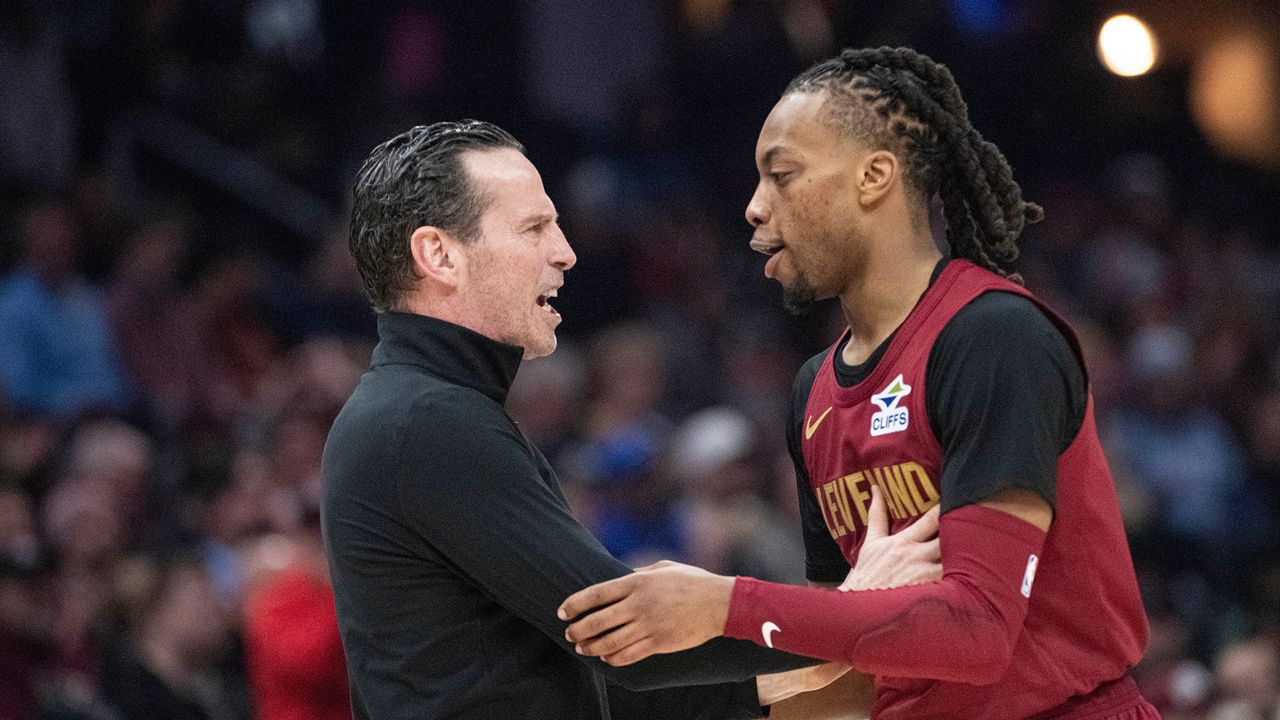OHIO — Attorney General Dave Yost has announced he is leading a multi-state lawsuit against the NCAA regarding transfer eligibility rules.
The rule requires athletes who transfer among Division 1 schools to wait one year before competing in games with their new team. However, the NCAA began exempting first-time transfers in 2021 and the NCAA waives the rule on an athlete to athlete bases.
“The rule is riddled with so many exceptions that the NCAA cannot plausibly substantiate its prior justifications,” Yost said. “We’re challenging it in order to restore fairness, competition and the autonomy of college athletes in their educational pursuits.”
The AGs of the states involved are seeking a temporary restraining order to keep the NCAA from enforcing the rule.
The NCAA responded with this statement:
“The NCAA is disappointed in the decision by seven state attorneys general to bring legal action – with the tacit support of a small number of schools – the result of which could potentially mean team rosters changing monthly or weekly. The NCAA believes that if a member school objects to a rule or policy, that member should propose alternative rules that apply to everyone, not turn to lawsuits to bypass the system they designed.”
This suit stems from a letter Yost sent to the NCAA regarding Aziz Bandaogo, a 7-foot center for the University of Cincinnati. Bandaogo has since been cleared to play but the rule continues to hold back other players, such as Cincinnati teammate Jamille Reynolds.
“We’re challenging the rule to restore fairness, competition and the autonomy of college athletes in their educational pursuits,” Yost said
The NCAA justifies their second-time transfer rules by the promotion of academic well-being and the preservation of athletic amateurism. The suit states these goals can be accomplished through less-restrictive means. It also believes the rule hurts all parties involved.
By preventing athletes from transferring with penalties, Yost said it hinders the full college experience. The lawsuit believes that athletes deprived of the opportunity to maximize the college experience could cause harm.
“The ‘AA’ in NCAA might as well stand for ‘arbitrary and atrocious,'” Yost said. “The transfer eligibility rule needlessly curtails the fundamental rights of college athletes.”
Joining Yost in the lawsuit are the attorneys general of Colorado, Illinois, New York, North Carolina, Tennessee and West Virginia.





)



